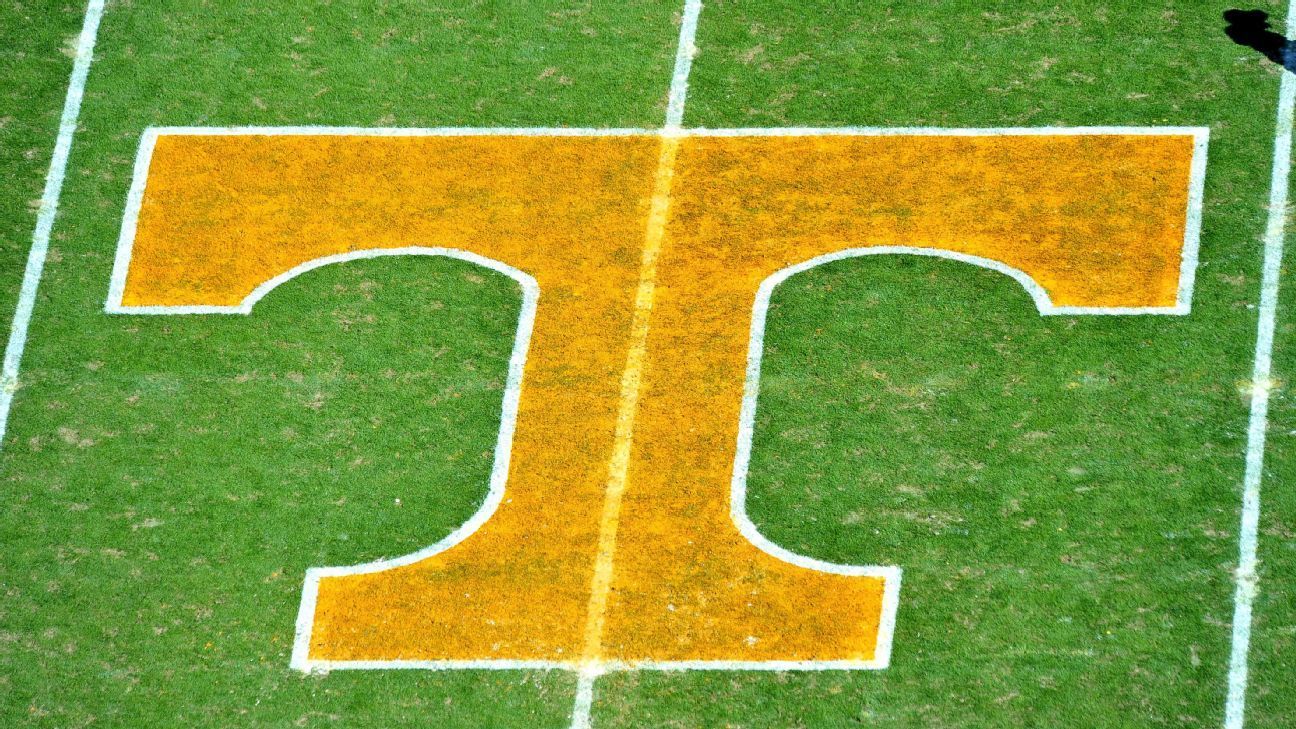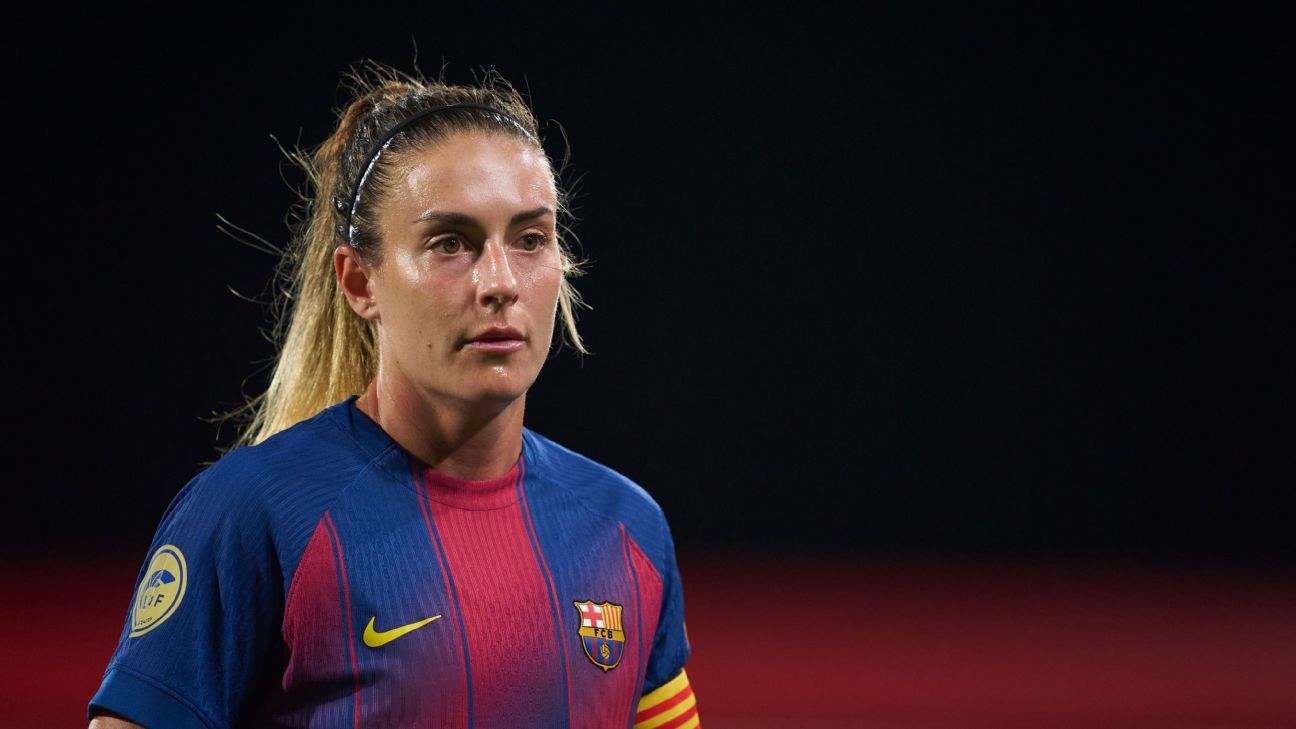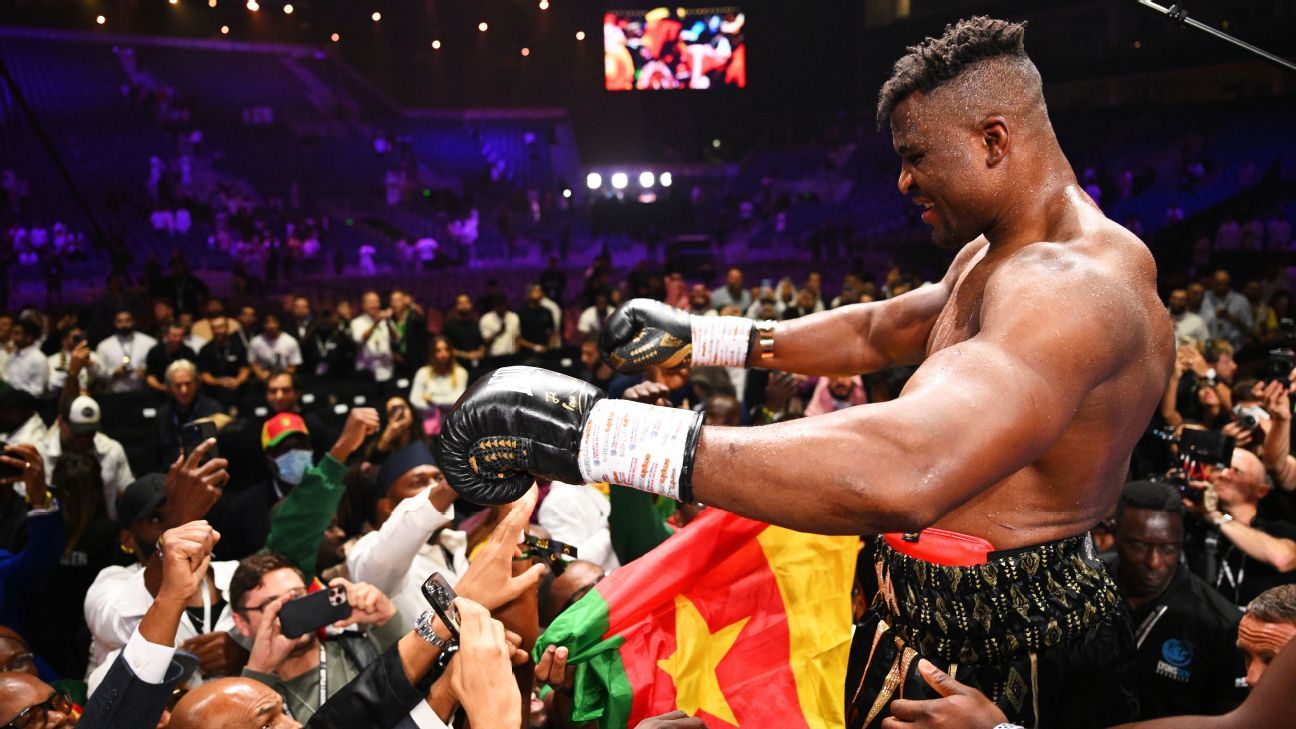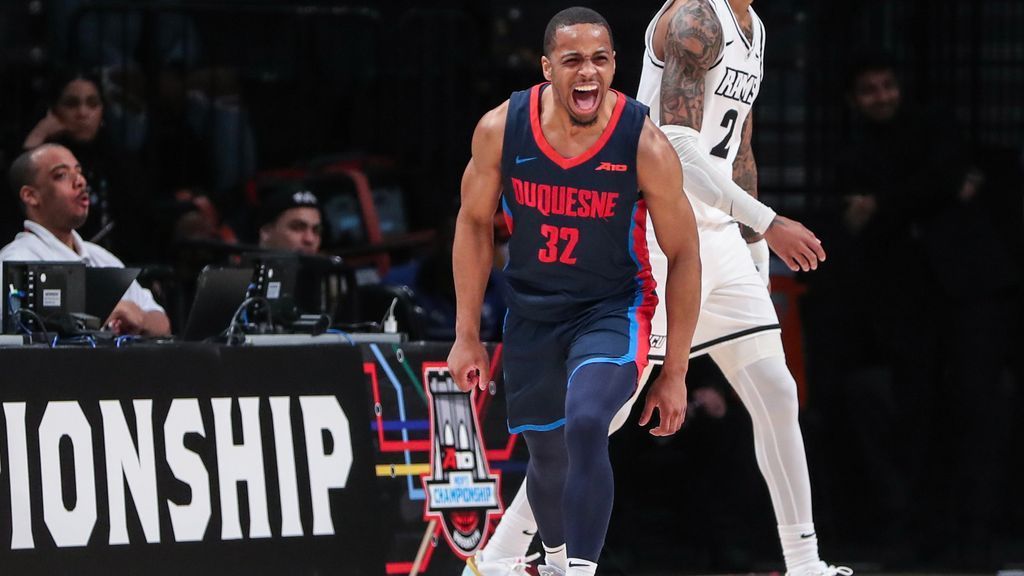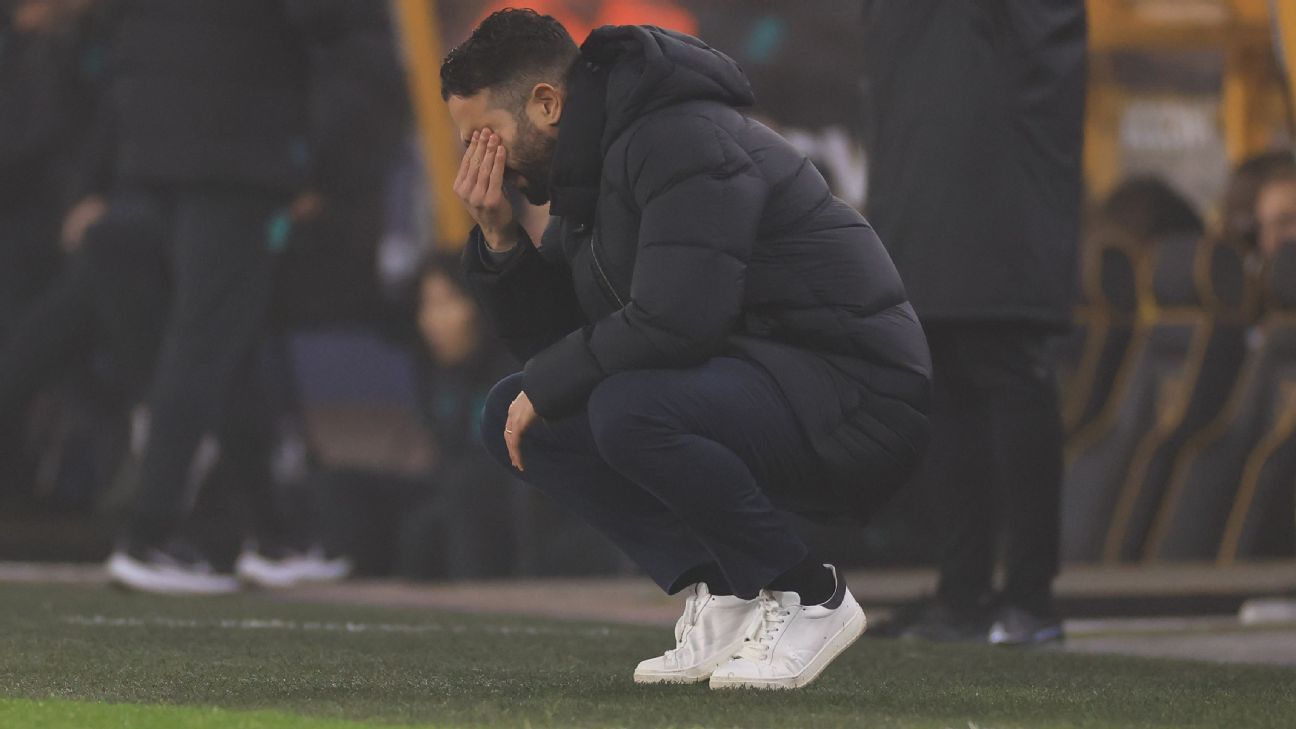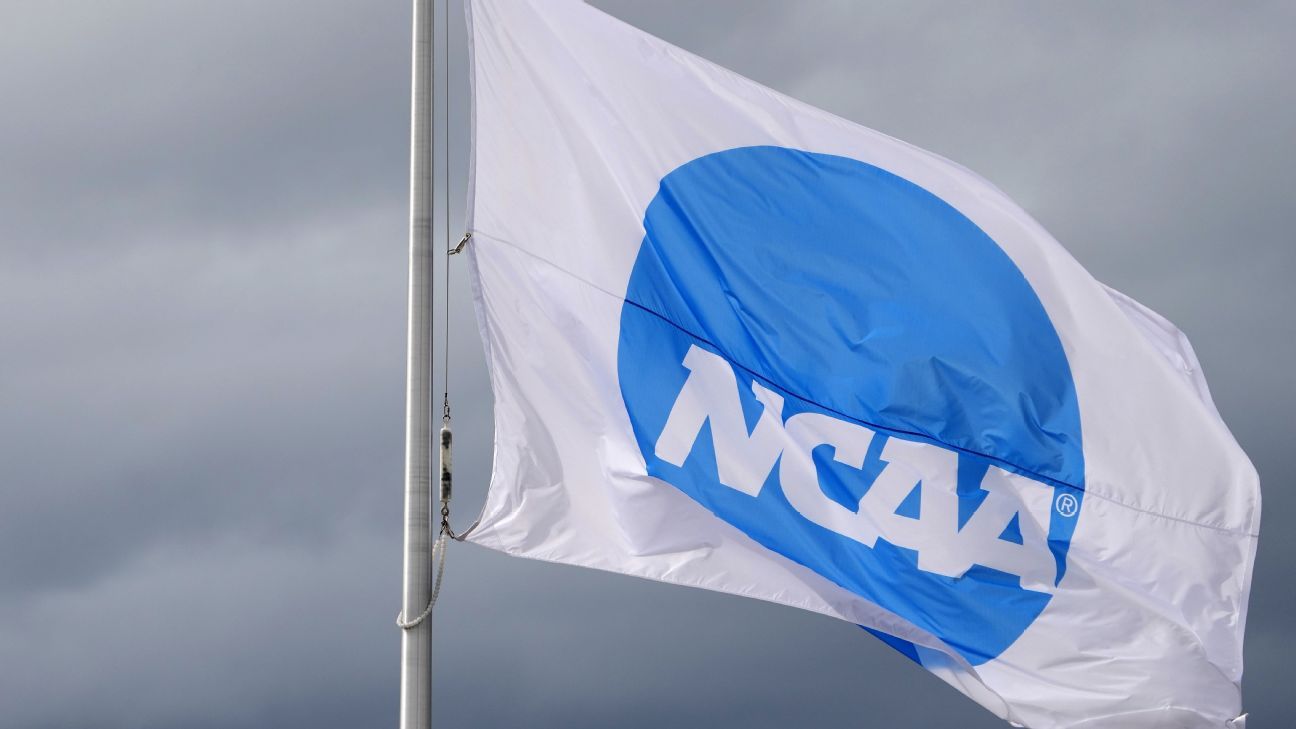A federal judge said Tuesday he will rule “shortly” on a preliminary injunction sought by the states of Tennessee and Virginia to prevent the NCAA from enforcing its rules governing athletes' name, image and likeness compensation as part of of an antitrust lawsuit.
U.S. District Judge Clifton Corker originally had a four-hour window blocked for the hearing in Greeneville, Tennessee. The hearing for the states' request lasted less than 90 minutes.
An orange Power T flag representing Tennessee hung from a construction elevator in the parking lot in front of the courthouse.
Tennessee Attorney General Jonathan Skrmetti attended and spoke to reporters outside. He said in a prepared statement that the NCAA's “arbitrary and illegal rules” prevent athletes from making important decisions.
“Meanwhile, everyone else involved in college sports is getting rich at the expense of student-athletes,” Skrmetti said. “That is not legal, it is not correct and it needs to change. The antitrust law in this area is clear and, as the Court has previously said, our case is likely to be successful on the merits. We are happy with the progression of the case and look forward to going forward. litigate it fully if necessary.”
Corker rejected the states' request for a temporary restraining order last week, noting that they failed to show that recruits would suffer irreparable harm if it was not granted. But he also wrote that states “would likely succeed on the merits of their claim” under the Sherman Act.
The chancellor of the University of Tennessee revealed on Jan. 30 in a scathing letter to the NCAA president that the organization alleged the school was violating NIL rules after a meeting the day before. Where Plowman called it “intellectually dishonest” for NCAA staff to pursue infraction cases as if students had no NIL rights.
The NIL collective that supports Tennessee athletes was one of the first to emerge after the NCAA lifted its ban on athletes earning money from their fame. The NCAA investigation has been met with aggressive pushback from both school leaders and the state attorney general, including an antitrust lawsuit that claims denying recruits the ability to profit from NIL is a restraint of trade.
The NCAA's authority to regulate athlete compensation has been attacked from several avenues.
A National Labor Relations Board official ruled last week that members of the Dartmouth men's basketball team are employees of the school and could vote to form a union, which the players plan to do. The Tennessee case is one of at least six antitrust lawsuits the NCAA is defending as it also asks Congress for antitrust protections.
In December, a group of states challenged the NCAA's rules regarding multiple transfers, and the plaintiffs' TRO request was granted. In that case, the NCAA agreed for the time being and asked that the TRO be extended to clear up confusion over athletes' eligibility for the remainder of the spring semester. The NCAA is working to reform its transfer rules.
The NCAA did not implement detailed rules to regulate NIL in 2021, instead relying on existing rules against recruiting incentives and pay-for-play. The policy, along with many state-level NIL laws, prevented schools from engaging in activities that could be considered creating an employer-employee relationship between the institution and the athlete.
The NCAA has been moving forward with its own NIL regulations, and last month passed legislation that hopes to bring transparency to the market with deal reporting while also curbing bad actors by maintaining a registry of agents and companies to work with. athletes.

